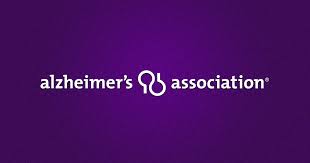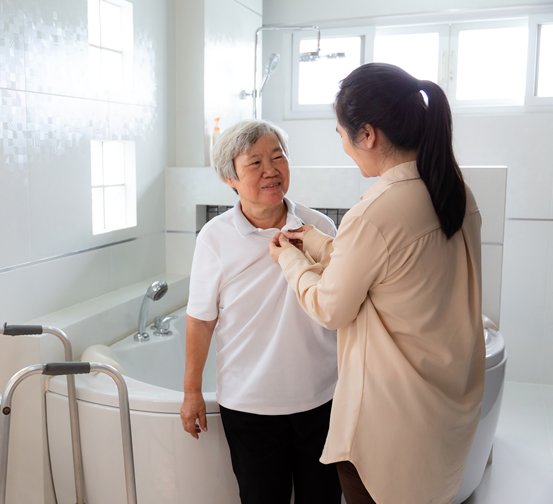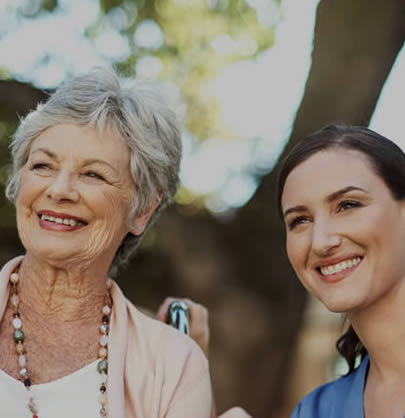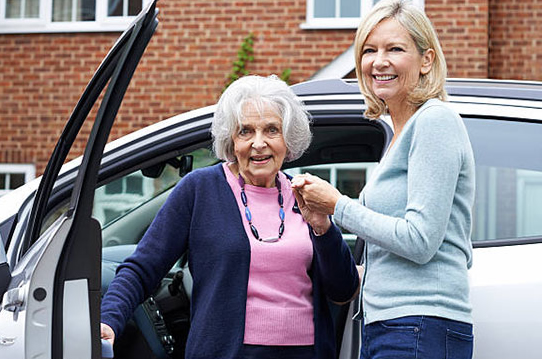There was a heart breaking article in the Wall Street Journal recently. It featured Nick Clement, age 78, who has cared for his wife Lucy for the past decade. Lucy has Lewy body dementia as well as Alzheimer’s disease. Nick wanted to take care of his wife, however, he quickly found out how difficult it is taking care of someone who is slipping rapidly into dementia. As her disease progressed, she was unable to brush her teeth or comb her hair, so Nick did that too. He said that some friends stopped calling, which can be heartbreaking. Eventually, after Lucy had dropped from https://www.homecaremag.com/june-2021/buzz-vibration-therapy125 pounds down to 90, it took its toll on Nick who was gaunt and depressed. He had to call in hospice which took over Lucy’s care. Hospice asked Nick if he had told Lucy it was OK for her to go. He had not, but went to her room and looked into her eyes and told her he would be alright, it was OK to go. Sadly, she died the next morning. Unfortunately, most of us will have to go through this with a family member. If you need help, CHOMP has a service called Hospice of the Central Coast, as does the Visiting Nurses Association (see links below). Please reach out for help if you need it, they both have compassionated caregivers.
https://www.montagehealth.org/care-treatment/hospice/
https://www.wsj.com/articles/one-familys-lessons-learned-from-a-decade-of-caregiving-11623691961








